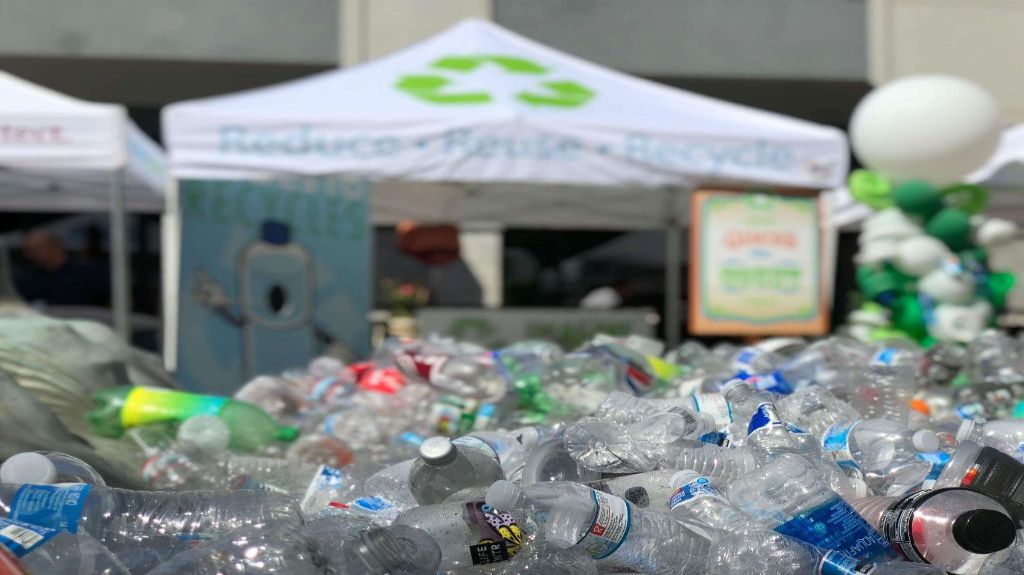Dental floss, it keeps our teeth clean and many of us use it on a daily basis, sometimes more than twice a day. But did you know that depending on the brand you use, it could be toxic to your health?
There are two issues with the typical dental floss in the market that is causing harm to us and our environment. First, the plastic container the floss sits in is tossed in the garbage and likely ends up in our landfill. Second, the actual floss, depending on the brand, is made with a toxic chemical called PFAS, while other brands offer nylon floss, which is a form of plastic.
PFAS is a Toxic Chemical in Your Dental Floss
A study conducted by Silent Spring Institute, a non-profit organization focused on women’s health and the environment, found that women who used the Oral-B Glide dental floss showed signs of having elevated levels of PFAS chemicals (per- and polyfluoroalkyl substances) in their blood.
PFAS are used in various products such as fast food packaging, non-stick pans, waterproof clothing – things we use and consume from daily. For those women who participated in this study, a particular type of PFAS called PFHxS (perfluorohexanesulfonic acid) was discovered in their blood sample. Elevated levels of this toxin can lead to greater risk with kidney and testicular cancer, higher cholesterol, ulcerative colitis, lower birth weights of newborns, thyroid disease, and fertility problems.
PFASs are found in many products so dental flossing alone would likely not be the sole contributor to these elevated levels of toxins in their body. However, the study conducted in January 2019, identified a common thread (pardon the pun) linking back to a specific type and material of dental floss used by a segment of the group participants.

Teflon as an Ingredient in Dental Floss
Many dentists are aware of the toxic chemicals used in dental floss and the risk associated with prolonged and excessive exposure to it but very few dentists, will offer alternative, eco friendly and healthier substitutes. They leave this research and discovery up to you. They will just tell you to floss often to maintain good gum health and fresh breath.
Teflon is a brand name used for a group of man-made chemicals, the most common of which is polytetraflouroentylene (PTFE) – the chemical name for PFAS. Some dental floss contain PTFE (or PFAS) or otherwise, Teflon. Its non-stick characteristic makes it an ideal ingredient for waxed dental floss. However, it has been linked to hormone imbalance, cancer, autoimmune disease, Alzheimer’s and neurotoxicity.













 Plastic Toothbrushes Contribute to Climate Change
Plastic Toothbrushes Contribute to Climate Change  5 Reasons why Bamboo is the Perfect Ecofriendly Alternative to Plastic
5 Reasons why Bamboo is the Perfect Ecofriendly Alternative to Plastic  Consumer Attitudes have Harmful Impact on the Environment
Consumer Attitudes have Harmful Impact on the Environment  3 Industries that Cause a Negative Impact on the Environment Today
3 Industries that Cause a Negative Impact on the Environment Today  Plastic Pollution Caused by Single Use Hotel Supplies
Plastic Pollution Caused by Single Use Hotel Supplies